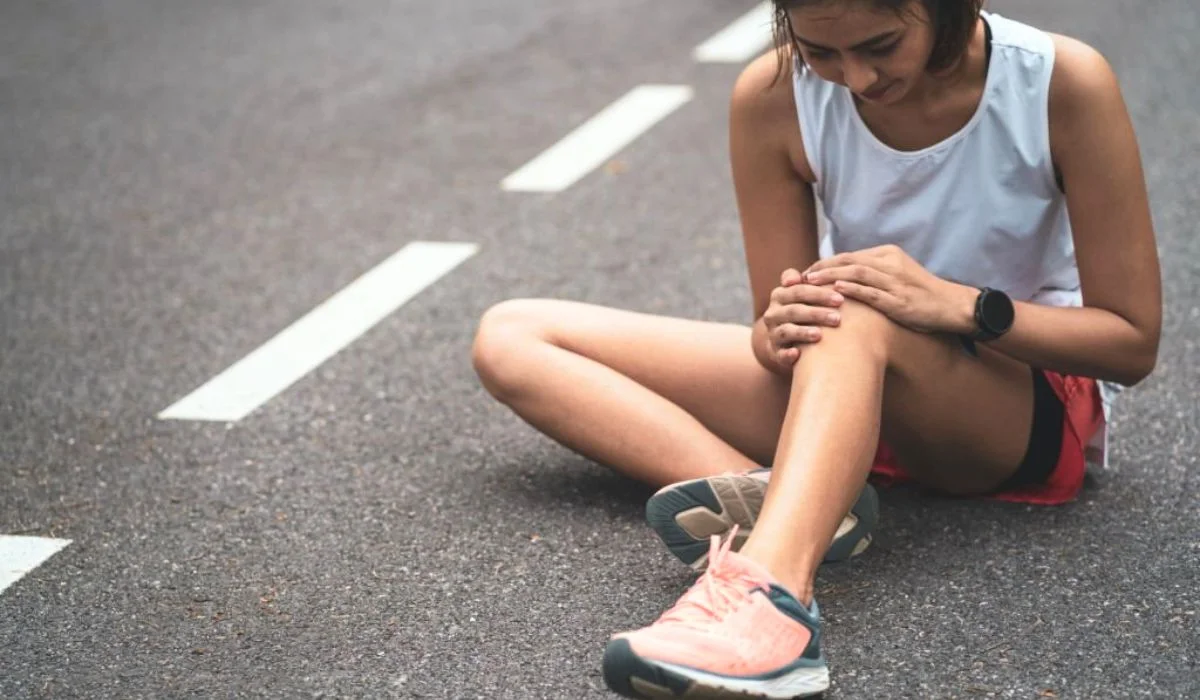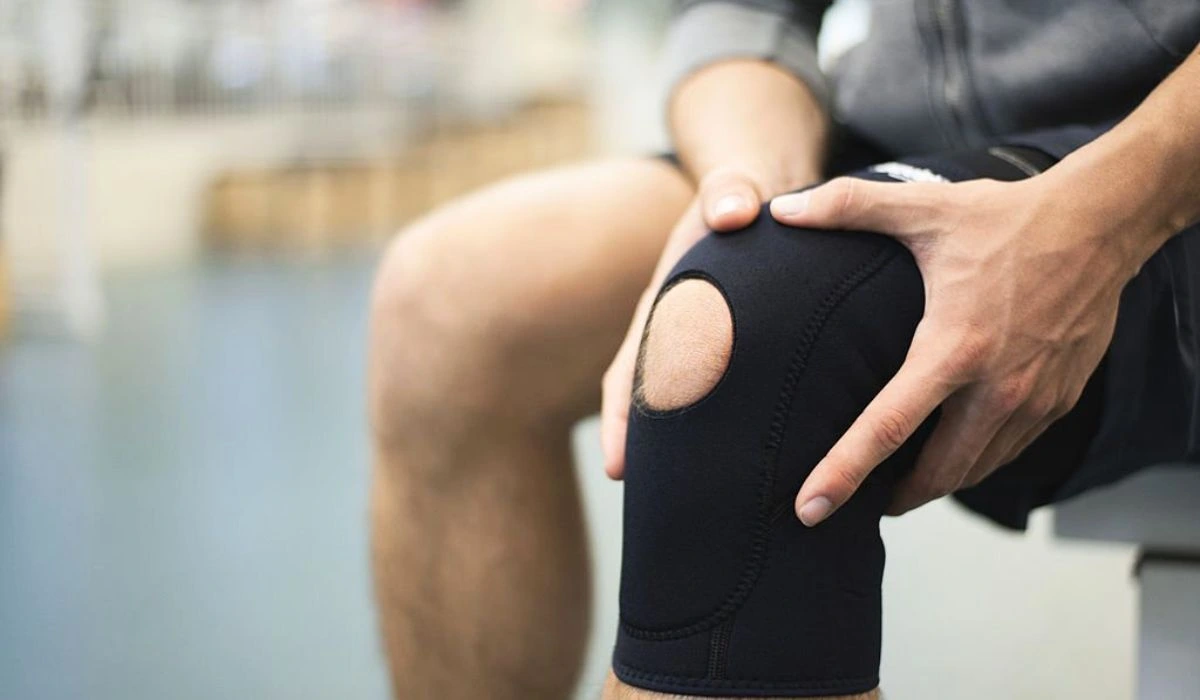People all over the world play and enjoy soccer, which is one of the most well-liked sports. As many people enjoy playing the sport, it is necessary to know about injury prevention, especially ACL prevention. This article explores what ACL injuries are, how they happen, and a few exercise routines to prevent them from happening.
What Is An ACL Injury?
The anterior cruciate ligament, or ACL, is one of the four main ligaments of the knee that connects your shinbone (tibia) to the thigh bone (femur). It provides stability to the knee joint during movement by preventing the tibia from sliding forward on your thigh bone.

ACL injuries are common athletic injuries that you may have frequently heard specified in connection with soccer. This is because soccer involves abrupt and repetitive movements that put significant stress on the knee joint.
Just like other soft tissues, ACL tears happen when the stress imposed on them exceeds the threshold. Major indicators of ACL injuries are extreme pain, swelling, and unstable knees, which make the players struggle to stand up, let alone run, shoot, or defend the opposite team.
Also Read: Strength And Conditioning For Injury Prevention: A Shield From Injuries
Risk Factors For ACL Injury
The International Olympic Committee has stated that ACL risk factors are multifactorial and categorized them into 4 categories: external, internal, hormonal, and biomechanical.
- External risk factors: These include factors like footwear (type, fit, and number of cleats), equipment, and playing surface (uneven and artificial turf).
- Internal risk factors: These are otherwise called anatomical factors that are related to body structure or gender differences.
- Hormonal risk factors: Studies show that there is an increase in knee laxity during the ovulatory phase.
- Biomechanical risk factors: This category includes form, techniques, and neuromuscular factors. Unlike the other risk factors, these factors are certainly modifiable and trainable.
ACL Prevention Exercises
An ACL injury is a major ailment that demands that you stay away from the competition for a prolonged period of time. However, there are many ways to prevent this from happening and save yourself from missing out on your time playing it.
The common knee conditioning programs for preventing ACL injuries include warm-ups, stretching, strengthening, agility drills, and cool-down exercises. In this article, we will discuss only stretching and strengthening exercises.
- Stretching Exercises: Stretching aims at achieving maximum muscle length to balance muscle strength and flexibility. The exercises generally include stretches for your calves, thighs, and hips.
- Standing hamstring stretch: As you begin, place one of your feet up onto a chair or a bench. Then keep your back straight and bend forward at the hips until you feel the stretch on your calf.
- Standing quad stretch: At first, bring your heel towards the back and then use the same arm (if your left heel is bent, then use the left arm) to grab your foot and pull it closer until you feel a stretch from the front to the thigh.
- Sitting glute stretch: Sit with both legs stretched in front of you, cross one leg over the other, and place your foot in a way that it’s beside the opposite knee. Then pull the knee towards the chest and rotate the trunk towards the leg.
Repeat these exercises 10 times for each leg for at least 3 sets.
- Strengthening Exercises: Strengthening your hips and thighs provides support for your knees and helps prevent ACL injuries.
- Squats: To begin this exercise, first stand up straight with your feet hip-width apart. Bend your knees and press your hips back with your chest high. Once the hip joint is slightly lower than the knees, stop the movement and hold the position for a few seconds. Then press your heels on the floor to return to the initial position. Repeat the exercises 10–20 reps 2 or 3 times.
- Walking lunges: Step forward with your right leg and put the weight on the heel. Bend the right knee so that it touches the floor. Stay in the position for a few seconds, then, without moving the right leg, move your left leg forward. Do the same for the left leg. Repeat the exercises for 20 reps for 3 sets.
- Glute bridges: First, place a mat on the floor and lie straight on your back. Then bend the knees and place the feet directly under your bent knees. You can rest your hands on the sides and push yourself off the ground. When the hips are raised, make sure your knees and shoulders are in a straight line. Stay in this position for at least 30 seconds and repeat it for 15 reps.
Read More: Injury Prevention Strategies For High-Impact Sports: Staying Injury-Free
Bottom Line
For both men and women who participate in soccer, training is considered to be the most important part of ACL injury prevention. That is, undergoing proper preseason training and learning the right exercises can help build strength and flexibility and prevent injuries to the knee. You can follow the above-mentioned steps to minimize the risk of ACL injuries and increase your chances of a longer and more successful soccer career.
Our recommendations are rooted in genuine belief in the benefits of the products bring to users. When you purchase through our links, we may earn a commission, supporting our testing and development without adding any cost for you. Learn more.

Dr. David G Kiely is a distinguished Medical Reviewer and former General Medicine Consultant with a wealth of experience in the field. Dr. Kiely’s notable career as a General Medicine Consultant highlights his significant contributions to the medical field.


